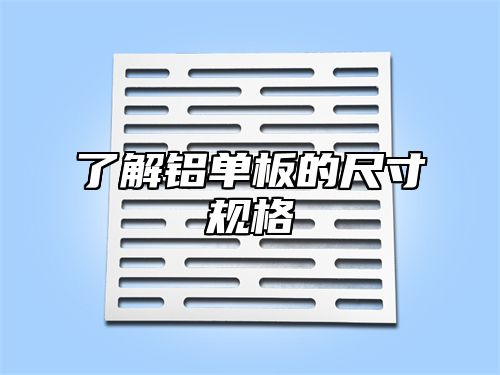

 Industry information
Industry information
Aluminum veneer, as a new type of building material, has the characteristics of lightweight, corrosion resistance, and fire resistance, and is widely used in the field of building decoration. In the decoration process of aluminum veneer, size specifications are also a very important link. Only by choosing the appropriate size specifications can the best decorative effect be achieved. Below, we will provide a detailed introduction to the size specifications of aluminum veneer.
1、 Standard size
Standard size refers to the size specifications of aluminum veneer developed according to international standards, usually including several common specifications such as 1200mm × 2400mm, 1500mm × 3000mm, 1800mm × 4200mm, etc. These specifications of aluminum veneer are usually suitable for decoration in commercial places or public buildings.
2、 Customized size
In addition to standard sizes, aluminum veneers can also be customized according to customer needs. For example, aluminum veneers can be cut and spliced according to customer requirements to form various shapes and sizes of aluminum veneers. This customized size approach can better meet the personalized needs of customers.
3、 Thickness specification
The thickness of aluminum veneer is also an important factor affecting its decorative effect. Generally speaking, the thickness of aluminum veneer is divided into two types: standard thickness and reinforced thickness. The standard thickness is generally between 1.2mm-2.0mm, while the reinforced thickness is generally above 2.5mm. If a higher decorative effect is needed, aluminum veneer with reinforced thickness can be chosen.
4、 Length specifications
The length of aluminum veneer is also a factor that affects its decorative effect. Generally speaking, the length of aluminum veneer can be customized according to actual needs. For example, in commercial settings, aluminum veneers can be cut and spliced according to actual conditions to form aluminum veneers of various lengths and widths.
5、 Surface treatment specifications
The surface treatment of aluminum veneer is also an important factor affecting its decorative effect. At present, common surface treatment methods include anodizing, electrophoretic coating, powder coating, and other methods. Different surface treatment methods will bring different decorative effects and service life. When choosing aluminum veneer, it is also necessary to consider its surface treatment method and specifications.
The above five aspects are one of the main size specifications in the current aluminum veneer industry. In the future, with the continuous improvement of people's requirements for building decoration quality, the aluminum veneer industry will continue to develop towards a more efficient and reliable direction.